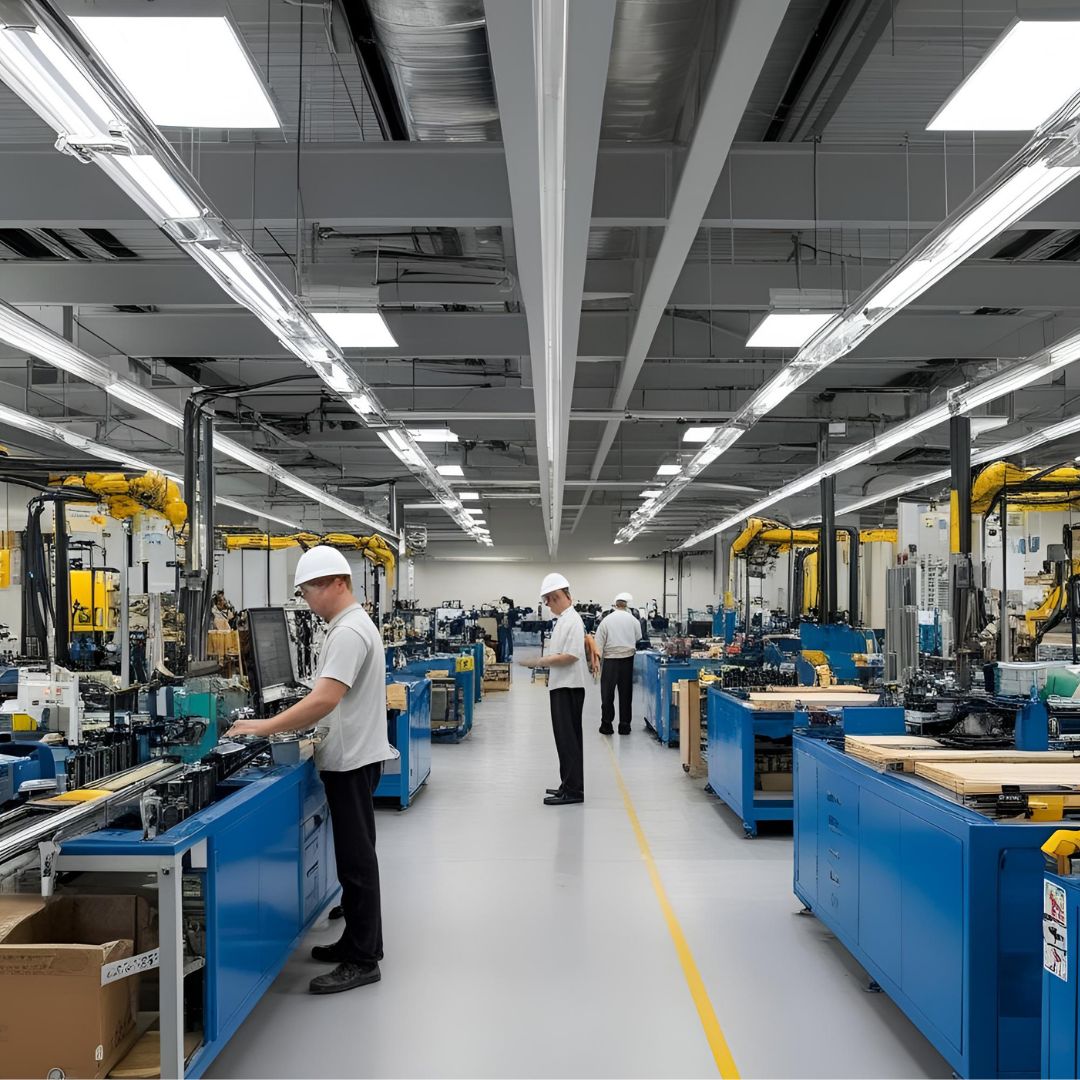Smarter, Leaner, Greener: Sustainability Through Lean Manufacturing
Introduction
In an era where sustainability is a key business driver, industries must adopt innovative approaches to minimize waste, enhance efficiency, and reduce environmental impact. Lean Manufacturing—a strategy originally developed for optimizing production—has evolved into a powerful tool for achieving sustainability goals. By focusing on eliminating waste, streamlining processes, and improving resource utilization, lean manufacturing aligns perfectly with the principles of environmental responsibility.
The Intersection of Lean Manufacturing and Sustainability
Lean Manufacturing and sustainability share a common objective: maximizing value while minimizing waste. Through smart resource allocation and process optimization, industries can significantly reduce energy consumption, raw material usage, and carbon emissions.
How Lean Manufacturing Supports Sustainability
✅ Waste Reduction – Eliminates overproduction, material waste, and inefficiencies. ✅ Energy Efficiency – Optimizes machinery and processes to cut unnecessary energy use. ✅ Lower Carbon Footprint – Reduces emissions by streamlining logistics and production. ✅ Improved Resource Utilization – Ensures raw materials are used effectively, reducing excess. ✅ Cost Savings – Sustainable practices lead to long-term financial benefits.
Key Principles of Lean Manufacturing for Sustainability
1. Eliminating the 7 Wastes (Muda)
Lean Manufacturing identifies seven major types of waste: Overproduction, Waiting, Transport, Extra Processing, Inventory, Motion, and Defects. By systematically eliminating these, industries can cut material use, energy consumption, and emissions.
2. Kaizen: Continuous Improvement
A culture of continuous improvement ensures that sustainability efforts are always evolving, leading to increased efficiency and reduced environmental impact over time.
3. Value Stream Mapping (VSM)
By analyzing and optimizing the entire production flow, industries can identify and eliminate wasteful practices that contribute to environmental harm.
4. Just-in-Time (JIT) Production
Producing only what is needed, when it is needed, minimizes excess inventory and associated waste.
5. Total Productive Maintenance (TPM)
Well-maintained machinery ensures energy efficiency and longevity, reducing the environmental impact of equipment wear and tear.
Sustainable Benefits of Lean Manufacturing
🔹 Lower Energy Consumption – Lean processes reduce operational inefficiencies, leading to lower electricity and fuel usage. 🔹 Less Material Waste – Smart production planning minimizes excess raw material usage. 🔹 Reduced Pollution – Lean logistics and production methods lead to fewer emissions and lower water contamination. 🔹 Greater Competitiveness – Sustainable manufacturing attracts eco-conscious consumers and regulatory benefits. 🔹 Stronger Brand Image – Companies implementing lean sustainability practices build a reputation for environmental responsibility.
Measuring the Impact of Lean Sustainability
To gauge the effectiveness of lean manufacturing in achieving sustainability, industries should track:
- Material Waste Reduction (%) – Measuring decreases in scrap and excess inventory.
- Energy Savings (%) – Monitoring reductions in electricity and fuel use.
- Water Consumption Reduction (%) – Tracking efforts to optimize water use.
- Carbon Emission Reduction (%) – Evaluating the environmental impact of optimized operations.
- Financial Savings ($) – Assessing cost reductions due to lean efficiencies.
Future Trends in Lean and Sustainable Manufacturing
🚀 Industry 4.0 Integration – Smart technologies such as IoT and AI enhance lean efficiency. 🚀 Circular Economy Practices – Focus on product lifecycle and material reuse. 🚀 Eco-Friendly Materials – Increased use of biodegradable and recyclable materials. 🚀 Sustainable Supply Chains – Lean principles applied to the entire supply chain for greater sustainability.
Conclusion
Lean Manufacturing is not just about efficiency—it is a roadmap to a sustainable future. By adopting lean principles, industries can optimize resource use, reduce waste, and contribute to environmental conservation while maintaining profitability.
Is your industry ready to embrace Lean Manufacturing for a sustainable future? The shift to smarter, leaner, and greener operations starts now! 🌍🏭♻️
